Finding my way home.
I wrote this quite a while back after sitting in a church during the trans day remembrance many years ago. I saw images of 40 trans women that had passed away for various reasons. Some from assault while others from suicide.
I had the feeling of trying to understand their life, but how could I? Eventually, it came up upon me to write a story about a life well lived, but spoken after they had passed away as a conversation to those living. What would she say?
It took me some time of quiet contemplation as I tried to put myself in her position. Her spirit after death, now realizing what she truly was. Certainly much more than a physical body. A beautiful spirit trying to become authentic.
What message would she provide? I’ll let you decide.
Gwen
***********
If you’re reading this, it means I’m gone. Not gone in the way you might think, like I’ve just stepped out for a moment and will be back. No, I’m truly gone. My body, the one that housed me for all those years, has finally given up its fight. But my spirit, my essence, the woman I became, well, she’s still here, floating somewhere, and she has a few things she wants to share.
Think of this as a quiet chat, just you and me, across the veil. No need for formalities, no need to pretend. Just listen, if you will, to the echoes of a life lived, a life that was, in many ways, a testament to the human spirit’s stubborn refusal to be anything but itself.
I suppose the first thing you should know is that I was born a boy. A perfectly healthy, seemingly normal boy, according to the doctors and my parents. But from the earliest moments I can recall, something felt… off. It wasn’t a physical discomfort, not exactly, but a deep, unsettling dissonance between what I saw in the mirror and what I felt in my soul. It was like being cast in a play where I was given the wrong costume, the wrong lines, and the wrong role. Everyone else seemed to know their part, to embody it with ease, but I was always performing, always pretending. The clothes felt wrong, the expectations felt wrong, the very name I was given felt like a borrowed garment that never quite fit.
This feeling wasn’t a fleeting childhood fancy. It was a persistent hum beneath the surface of my existence, a quiet whisper that grew louder with each passing year. As a child, I didn’t have the language for it. How could I? The world around me offered no vocabulary for this particular brand of internal misalignment. There were no stories on TV, no characters in books, no conversations among adults that hinted at the possibility of a boy feeling like a girl trapped inside.
So, I internalized it, burying it deep beneath layers of forced masculinity, trying desperately to conform to the mold society had prepared for me. I played with the boys, I tried to like the things boys were supposed to like, but it always felt like I was watching myself from a distance, an actor in my own life, never truly present. The loneliness of that secret was immense, a heavy cloak I wore even in the brightest rooms.
The teenage years were, as they are for many, a crucible. For me, it was a particularly fiery one. Puberty hit like a tidal wave, bringing with it changes that felt like a betrayal from my own body. Each new masculine feature felt like a further step away from my true self, a deepening of the chasm between my inner world and my outer presentation. It was during these years, in the quiet solitude of my bedroom, that I started to find fragments of understanding. The internet, that vast, chaotic ocean of information, became my lifeline. I stumbled upon forums, articles, and eventually, personal stories of people who described feelings eerily similar to my own. The word “transgender” entered my vocabulary, and with it, a glimmer of hope, a terrifying, exhilarating possibility. It was like finding a map to a hidden treasure, a treasure that was, in fact, myself.
But knowing was one thing; acting on it was another entirely. The fear was paralyzing. Fear of rejection, fear of ridicule, fear of losing everything I knew. My family, my friends, my entire social fabric – what would happen if I pulled on this thread? Would it unravel everything? The internal battle raged for years. There were days I felt strong, days I felt I could conquer the world, and then there were days I just wanted to disappear, to cease to exist rather than face the monumental task of becoming myself. The weight of that secret, the constant performance, was exhausting. It drained my energy, dulled my joy, and made genuine connection feel impossible. How could I truly connect with anyone when I was hiding the most fundamental part of who I was?
The decision to transition wasn’t a sudden epiphany; it was a slow, agonizing climb up a very steep mountain. Each step was deliberate, fraught with anxiety, but also fueled by an undeniable sense of urgency. I remember the first time I truly allowed myself to imagine a future where I lived as a woman. It was a quiet moment, late at night, looking at myself in the mirror. Instead of seeing the boy I was, I tried to superimpose the woman I knew I was meant to be. And for the first time, a sense of peace, a profound rightness, washed over me. That feeling, that glimpse of authenticity, became my guiding star. It was the promise of finally coming home to myself.
Coming out was a series of small explosions, each one sending ripples through my life. My parents, bless their hearts, tried. They really did. But their love was tangled with fear, confusion, and a deep-seated grief for the son they thought they had. It was a painful process, filled with misunderstandings and tears, but ultimately, they came around, slowly, imperfectly, but they came around. They learned to use my new name, to use “she/her” pronouns, even if it sometimes felt like a conscious effort rather than a natural flow. Their journey was their own, and I had to accept that their acceptance wouldn’t always look exactly like I wanted it to. But it was there, a foundation, however shaky at times.
Then there were my friends. Oh, my friends. This is where the story gets complicated, where the lines between love and betrayal blurred, and where I learned some of the hardest lessons of my life. I had a core group, people I’d known since childhood, people I’d shared secrets with, dreams with, countless laughs and tears. I thought they were my rock, my chosen family. When I started to come out to them, I did it with a mixture of hope and trepidation. I expected some shock, maybe some awkwardness, but I truly believed our bond was strong enough to weather anything.
I was wrong about some of them. So terribly, painfully wrong.
There was Mark, my best friend since kindergarten. We’d built forts together, navigated the horrors of middle school, and shared our first beers. I told him first, thinking he’d understand, that he’d see *me*. Instead, he saw a problem. He tried to be supportive at first, in a clumsy, “man-to-man” kind of way. He’d say things like, “Are you sure about this, man? It’s a big step.” Or, “What about your future? This is going to make things hard.” The “man” part stung, but I tried to be patient.
Then came the jokes, subtle at first, then increasingly overt. “So, are you going to start wearing dresses to our poker nights?” he’d quip, a smirk playing on his lips. He’d intentionally misgender me in front of others, then apologize with a shrug, “Force of habit, you know?” It wasn’t habit. It was a deliberate act of erasure, a way of reminding me that in his eyes, I was still the boy he knew, and this “woman” thing was just a phase, a costume.
The final straw came when he told me, “Look, I just can’t deal with this. It’s too weird. I miss my friend.” He didn’t miss me; he missed the version of me that fit neatly into his preconceived notions. The friendship didn’t end with a bang, but with a slow, agonizing fade, like a photograph left in the sun. It was a quiet, devastating loss, a betrayal that left a gaping hole in my heart.
Then there was Sarah, who I thought was my closest female friend. We’d shared clothes, talked about boys, and confided our deepest insecurities. I thought she, of all people, would understand the desire to feel comfortable in one’s own skin. But Sarah, it turned out, was more interested in the novelty of it all. She’d ask invasive questions, not out of genuine curiosity, but out of a morbid fascination. “So, what about… down there?” she’d whisper, eyes wide. She’d introduce me to her other friends as “my friend who used to be a guy,” as if my past identity was my defining characteristic, a sensational anecdote to share at parties. She never truly saw me as a woman, just as a “transgender person,” a label that felt like a cage. She wanted to be seen as “supportive,” but her support was conditional, performative. It was about her own image, not my well-being.
I eventually had to distance myself from her, realizing that her “friendship” was more damaging than outright rejection. It was a constant reminder that I was an “other,” a spectacle.
These betrayals, and others like them, left deep scars. They made me question my judgment, my worth, and even my sanity. Was I asking too much? Was I being unreasonable? The self-doubt was a constant companion, whispering insidious thoughts in my ear. It was a lonely period, a time when I felt adrift, unmoored from the social connections that had once defined me. I learned that some people’s love is conditional, tied to their comfort zones and their ability to understand you within their existing framework. When you step outside that framework, they often choose to step away.
But then, there were the others. The unexpected allies, the quiet heroes who emerged from the shadows of my life and shone a light when I needed it most. These were the people I never expected, the ones who defied my cynical expectations and restored my faith in humanity.
There was David, an acquaintance from a hobby group, someone I’d only ever exchanged polite pleasantries with. When I started presenting more femininely, I braced myself for his reaction. Instead, he simply smiled, used my new name without a flicker of hesitation, and continued our conversation as if nothing had changed, except that I was visibly happier. One day, someone misgendered me in front of him, and before I could even react, David gently but firmly corrected them. “It’s *she*,” he said, his voice calm but resolute. It was a small act, but it felt monumental. It was the first time someone outside my immediate circle had publicly defended me, and it brought tears to my eyes. David became a true friend, a quiet pillar of support who saw me, truly saw me, for who I was, without fanfare or judgment. He taught me that true acceptance often comes without grand declarations, but in consistent, respectful actions.
Then there was my Aunt Carol. She was always the eccentric one in the family, a free spirit who lived life on her own terms. I’d always admired her, but we weren’t particularly close. When I came out to the family, she was the first to call me, not with questions or concerns, but with an outpouring of love. “Honey,” she said, her voice warm and steady, “I always knew you were special. And now you’re finally letting your true self shine. That’s beautiful.” She sent me a care package filled with makeup, a beautiful scarf, and a handwritten note that simply said, “Be you, darling. The world needs more of you.” Aunt Carol didn’t try to understand every nuance of my transition; she simply understood the human need to be authentic. She offered unconditional love and a safe space, a haven where I could simply exist without explanation. Her acceptance was a balm to my wounded soul, a reminder that family, in its truest sense, is about love, not conformity.
And then there were the new friends I made, often in unexpected places. The support group I reluctantly joined, filled with other trans individuals and allies, became a lifeline. These were people who understood, not just intellectually, but experientially, the unique challenges and joys of my journey. We shared stories, offered advice, and celebrated each other’s victories, big and small. They became my chosen family, a community that embraced me fully, without reservation. They taught me the power of collective strength, the comfort of shared experience, and the profound healing that comes from being truly seen and affirmed. These friendships were forged in the fires of shared struggle and emerged stronger, more resilient, and more authentic than any I had known before. They showed me that while some doors close, others open, leading to connections far more profound and meaningful.
Beyond my personal circle, society’s perception of me, and of transgender people in general, was a constant, often exhausting, battle. It was a landscape of shifting sands, sometimes welcoming, often hostile, and always demanding.
Public spaces were a minefield. The simple act of using a public restroom became an anxiety-inducing ordeal. Would I be challenged? Would I be harassed? Would I be physically assaulted? The fear was a constant companion, a knot in my stomach every time I stepped out of my home. I remember one incident in a grocery store. I was simply reaching for a carton of milk when a woman glared at me, then loudly whispered to her companion, “Look at *that*.” The word “that” hung in the air, heavy with disgust and dehumanization. It wasn’t just the word; it was the implication, the reduction of my entire being to an object of scorn. It was a reminder that in many eyes, I wasn’t a woman, or even a person, but an anomaly, a deviation from the norm that needed to be pointed out, ridiculed, or feared.
Workplace discrimination was another harsh reality. Despite my qualifications and experience, I faced subtle and not-so-subtle barriers. Job interviews where the interviewer’s demeanor visibly shifted when they realized I was trans. Promotions that seemed to bypass me despite my performance. The constant pressure to be “perfect,” to be beyond reproach, because any misstep could be attributed to my trans identity. It was a draining experience, constantly having to prove my worth, not just as an employee, but as a human being. I learned to navigate these spaces with a carefully constructed shield, a blend of resilience and guardedness, always aware that my identity could be a liability.
The media, too, played a significant role in shaping public perception. For a long time, transgender people were either invisible or portrayed as caricatures, objects of pity, or sensationalized oddities. When stories did emerge, they often focused on the surgical aspects of transition, reducing our complex lives to a series of medical procedures, rather than exploring the rich tapestry of our identities, our joys, our struggles, and our contributions to society. This narrow, often voyeuristic, portrayal contributed to the widespread misunderstanding and fear. It fed into the narrative that we were “other,” something to be debated and legislated against, rather than simply people trying to live our lives authentically.
The political landscape was particularly disheartening. Laws being proposed and passed that sought to restrict our rights, to deny our existence, to erase us from public life. The constant barrage of hateful rhetoric, the demonization of trans people, especially trans women, as threats to children or to “traditional values.” It was exhausting to constantly defend my right to exist, to explain my humanity, to fight for basic dignity. There were days when the weight of it all felt unbearable, when the sheer volume of hatred and ignorance threatened to crush my spirit. The fear for my safety, and the safety of my trans siblings, was a constant, gnawing worry.
Yet, amidst all the challenges, there were glimmers of hope, moments that reminded me that progress, however slow, was possible. I saw younger generations, more open, more accepting, more willing to learn and to embrace diversity. I witnessed the growing visibility of trans people in media, in politics, in everyday life, slowly chipping away at the walls of ignorance. I saw allies, like David and Aunt Carol, stepping up, speaking out, and advocating for our rights. The LGBTQ+ community, in its vast and vibrant diversity, continued to grow stronger, more unified, a powerful force for change.
I remember attending a Pride parade late in my life. The sheer joy, the vibrant colors, the outpouring of love and acceptance from thousands of people, both within and outside the community, was overwhelming. It was a stark contrast to the fear and isolation of my early years. It was a testament to the power of collective action, to the unwavering spirit of those who dared to be themselves, and to the growing number of people who were willing to stand with us. In those moments, I felt a profound sense of belonging, a deep gratitude for the journey I had undertaken, and a renewed hope for the future. It was a reminder that while the world could be cruel, it also held immense capacity for love and understanding.
My life, in many ways, was a journey of becoming. It was a journey from a place of profound internal dissonance to a place of authentic self-acceptance. It wasn’t easy. There were moments of despair, moments when I felt utterly alone, moments when the world seemed determined to deny my very existence. But through it all, I learned an invaluable lesson: the power of resilience. I learned that true strength isn’t about never falling, but about getting back up, dusting yourself off, and continuing to walk your path, even when the road is rough.
Being a woman, for me, was never about biology alone. It was about an innate sense of self, a deep knowing that resonated in my core. It was about the way I experienced the world, the way I connected with others, the way I expressed my emotions, the way I found joy and meaning. It was about finally aligning my inner truth with my outer presentation, a profound sense of coming home to myself. It was about the freedom to wear the clothes that felt right, to use the name that sang to my soul, to embody the femininity that had always resided within me. It was about living authentically, even when authenticity came at a high cost.
Love, in its various forms, was a constant thread throughout my life. The love of my parents, however imperfectly expressed, was a foundation. The love of my true friends, those who saw me and embraced me, was a lifeline. And the love I found in romantic relationships, though sometimes challenging, was a source of immense joy and growth. I learned that true love sees beyond superficialities, beyond labels, and embraces the whole person. It was in these relationships that I felt most seen, most cherished, most truly myself.
My passing, I hope, isn’t an end to my story, but an invitation for you to reflect on your own. My life was a testament to the human desire for authenticity, for belonging, for love. These are not unique desires to transgender people; they are universal. Every human being yearns to be seen, to be understood, to be accepted for who they truly are. My journey, with all its pain and all its triumphs, was simply one manifestation of that universal yearning.
So, as I fade from this conversation, I leave you with this thought: Look beyond the labels. Look beyond the differences that society so often uses to divide us. See the human being. See the shared vulnerability, the shared desire for happiness, the shared capacity for love. My story is not just a “transgender story”; it is a human story. It is a story about finding oneself, about navigating a complex world, about the pain of rejection and the profound joy of acceptance.
Let my experiences, both good and bad, serve as a reminder that empathy is not a weakness, but a superpower. Understanding is not a burden, but a bridge. And love, in its purest form, has the power to heal, to unite, and to transform. Don’t let fear or ignorance build walls between us. Instead, choose curiosity, choose compassion, choose to open your heart.
Because in the end, we are all just trying to find our way home, to ourselves, to authenticity and to each other. And the more we embrace our shared humanity, the brighter the path becomes for us all.
Thank you for listening. May your journey be filled with authenticity, love, and boundless understanding.
Dr. Gwen Patrone





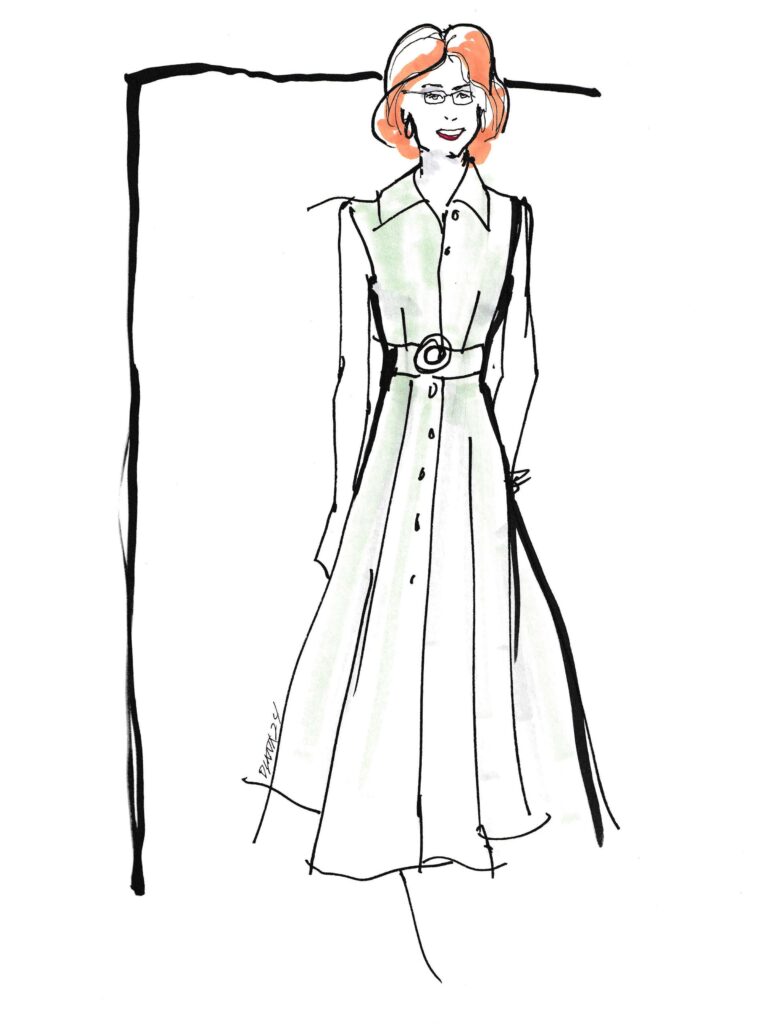
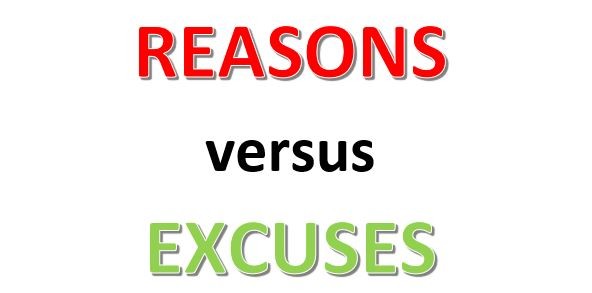
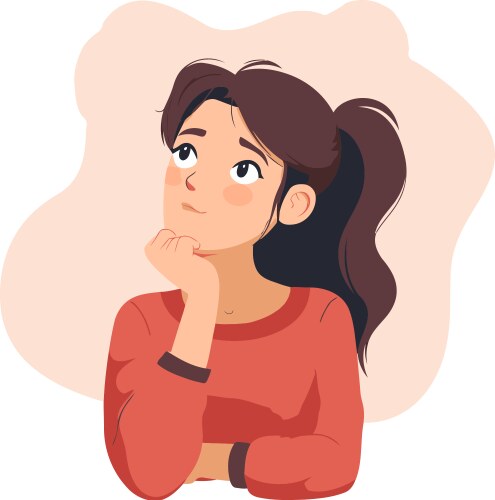

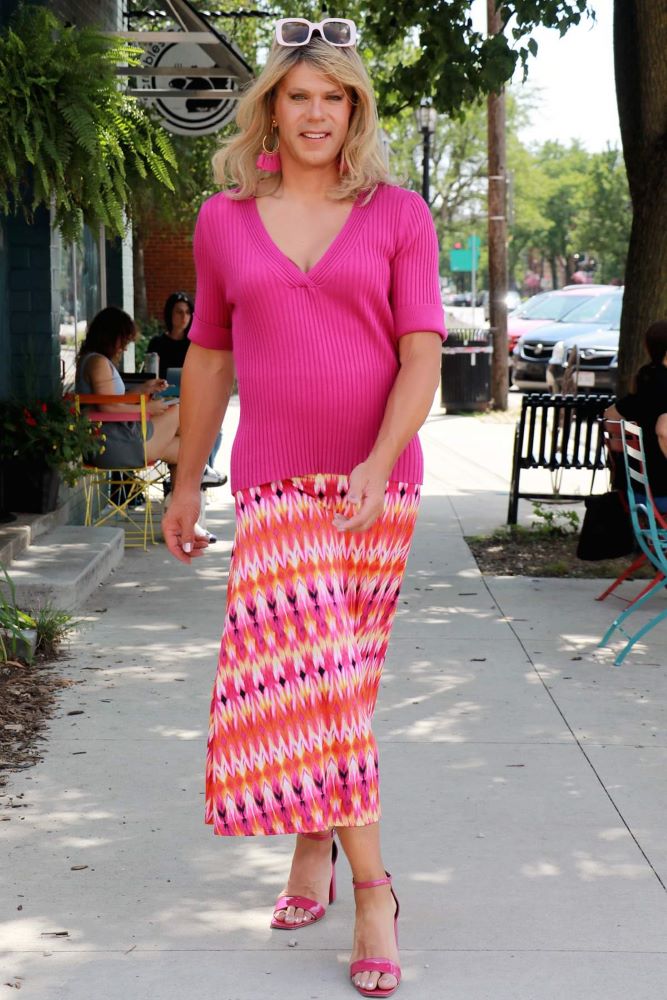
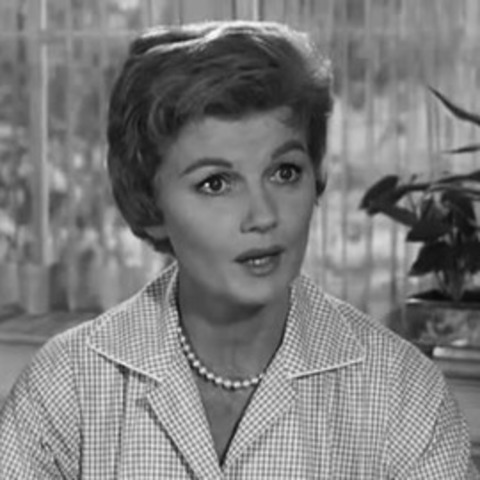
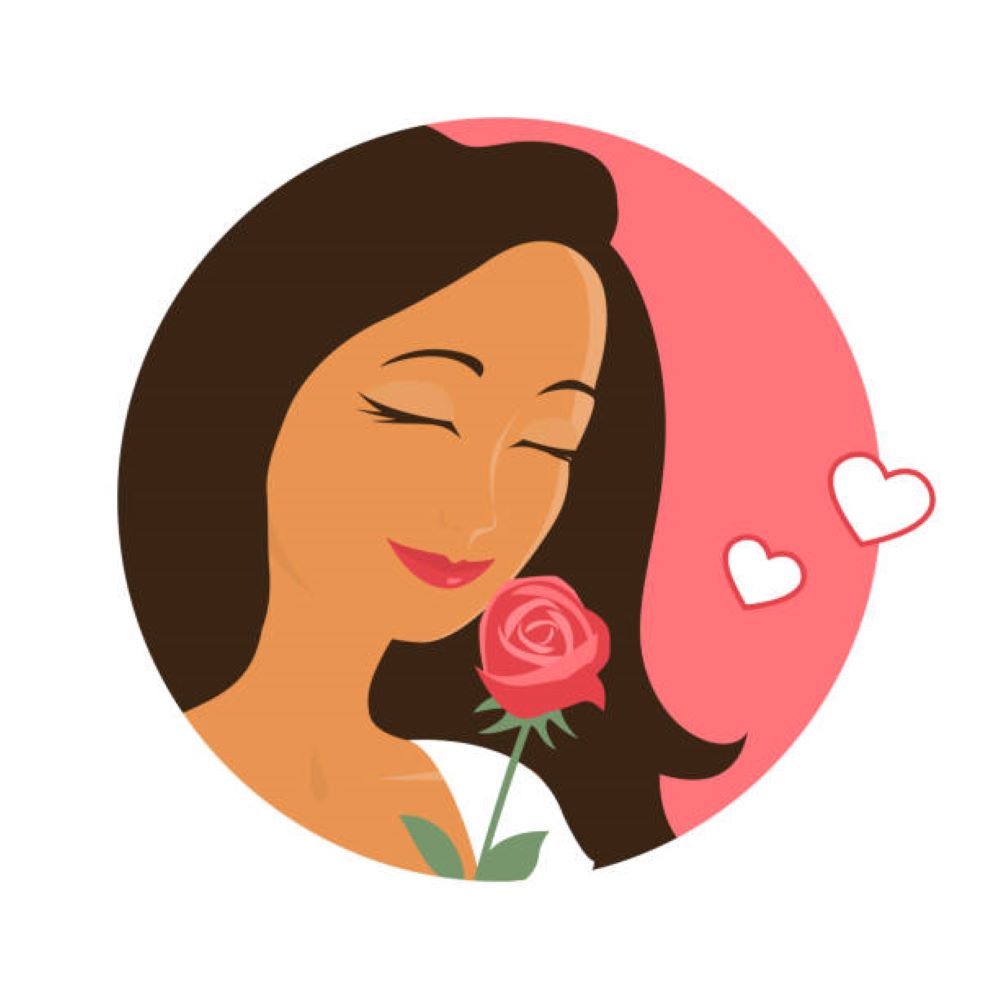


4 Responses
Gwen,
This peice is the best I have read for sometime . So much resonates from the early years to where I am now , obviously there are minor differnces but overall it’s a very true story for many transgender people .
Friends who surprise us in their attitude and who we may sadly have to let go and others that come along totally unexpected with no other motive than true friendship . Also the surprises that come from close family , rejection where you don’t expect it and acceptance where perhaps you don’t deserve it .
Media and politics possibly rule our lives more than they should , we may attempt to ignore or discount them but sometimes others use them as weapons against us . Society should be free to make their own choices but even in a free one they are too often swayed by the few thoughtless, biggotted fools . To be the human being we wish to be is our right and we should always be respected for that . If we can follow our true path it can allow us to be more thoughtful , caring people , ones that often give more back to that society , that certainly has been my experience in the last seven years since I became Teresa .
Wonderful reply Teresa. I’m glad you enjoyed it
Gwen
Thank you for bringing this to us Gwen.
It is very touching and informative.
Jocelyn
I could picture sitting in that church with you, watching those faces on the screen. The little details like David stepping in without making a scene, or your aunt sending a scarf with her note landed harder than the big speeches ever could. Those moments said more about love and acceptance than anything else in the piece.
Beautifully written. (And kind of makes me want to try writing some fiction on my own blog.)